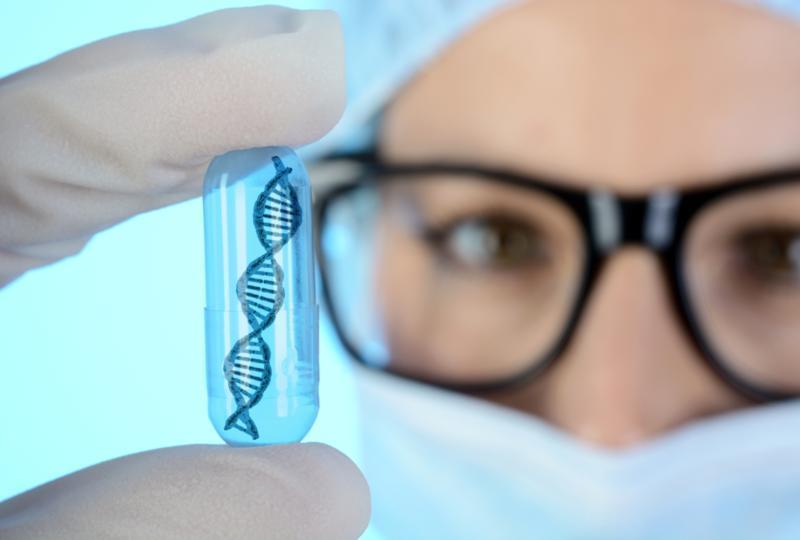BRCA Gene May Predict Drug Resistance in Ovarian Cancer, Study Finds
What is the double-hit hypothesis?
To understand this theory, we need to dive a little bit into genetics. It’s important to know that humans normally have two copies of every gene, called a pair of alleles. BRCA is no exception. It was believed that you need both copies of BRCA alleles mutated before someone develops BRCA positive cancer. That’s why it’s called “the double-hit” hypothesis.
For those who may inherit one copy of BRCA, they get a higher chance of getting cancer because they only need one more mutated BRCA to develop cancer.
This concept is also known as the “loss of heterozygosity”. In genetics, heterozygosity is when a person has two different alleles. The “loss of heterozygosity” refers to the event when two mismatched BRCA genes, one mutated and one normal, suddenly become two mutated BRCA alleles due to spontaneous mutation.



